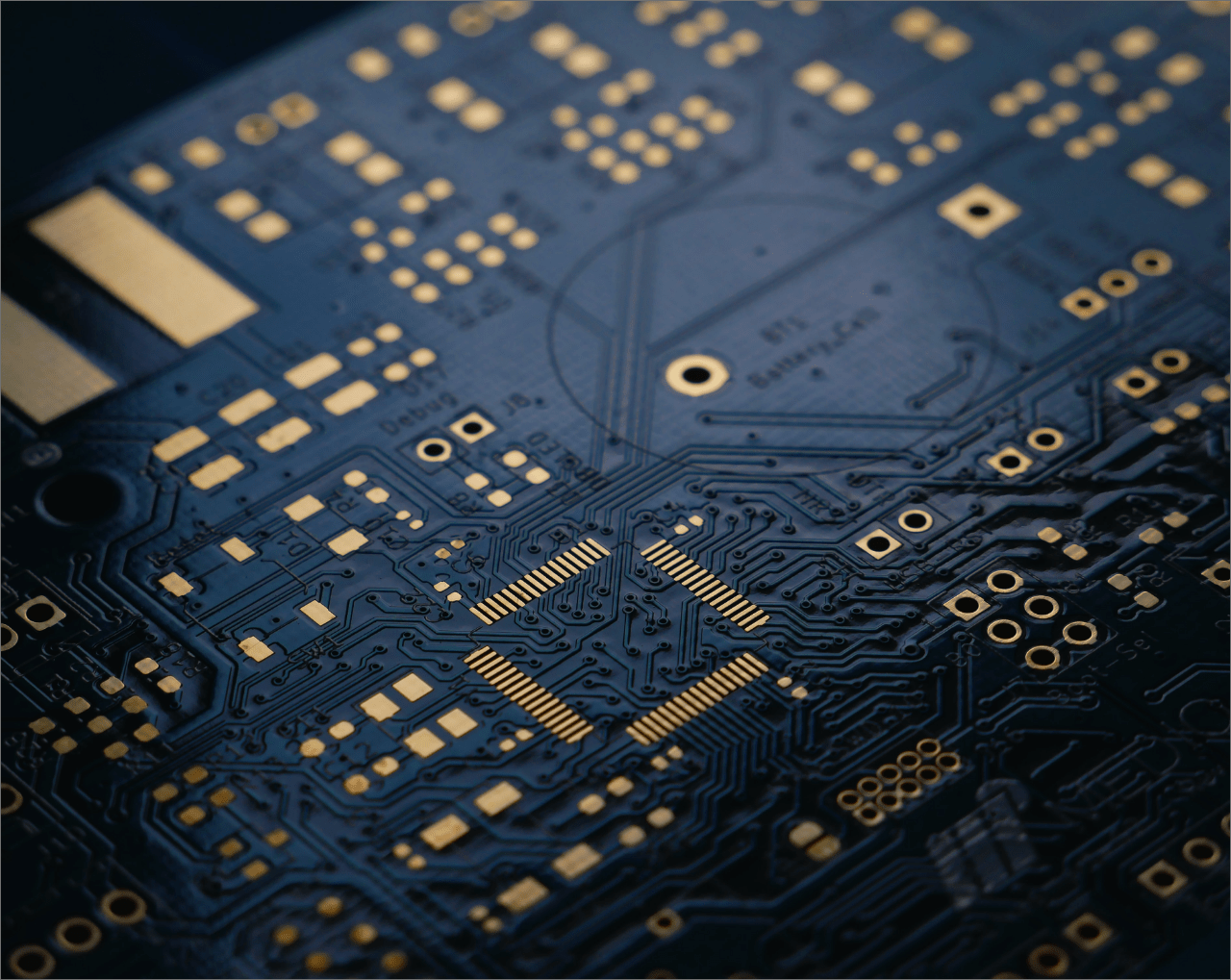IoT Applications of Objects
The Internet of Things (IoT) has revolutionized the world of technology, allowing objects to connect and communicate with each other, and with the Internet. This connectivity has opened up a plethora of possibilities, leading to the emergence of numerous IoT applications across various domains. In this blog, we will explore some of the key IoT applications of objects and how they are transforming industries and our daily lives.
Smart Home Appliances One of the most popular IoT applications of objects is in the realm of smart home appliances. From smart thermostats that can learn your temperature preferences and adjust accordingly, to smart refrigerators that can track and order groceries for you, smart home appliances have made our homes more convenient, energy-efficient, and secure. With IoT-enabled home automation systems, you can control and monitor your devices remotely using your smartphone or other connected devices, allowing you to manage your home even when you are away. Smart lighting systems, smart locks, and security cameras are also part of the IoT ecosystem, making our homes safer and more connected than ever before.
Wearable Devices Wearable devices have gained immense popularity in recent years, thanks to IoT technology. These devices, such as fitness trackers, smartwatches, and health monitors, are equipped with sensors that collect data on various aspects of our health and activities. They can track our heart rate, sleep patterns, activity levels, and even provide real-time feedback and notifications. With IoT connectivity, wearable devices can sync this data to our smartphones or other devices, allowing us to monitor our health, set fitness goals, and receive personalized insights. Wearable devices are not only popular among fitness enthusiasts, but they are also used in healthcare settings for remote patient monitoring, medication reminders, and emergency alerts, making them invaluable in improving our health and well-being.
Connected Cars IoT has transformed the automotive industry with the advent of connected cars. Connected cars are equipped with IoT-enabled sensors, communication systems, and onboard computers that can collect and exchange data with other vehicles, traffic infrastructure, and the cloud. This data can be used to optimize traffic flow, reduce congestion, and improve road safety. Connected cars also offer a range of features such as remote vehicle monitoring, predictive maintenance, and driver assistance systems, making driving safer and more efficient. For example, connected cars can provide real-time alerts about road conditions, weather updates, and parking availability, helping drivers make informed decisions and navigate their routes more effectively.
Industrial IoT The industrial sector has also witnessed a significant transformation with the adoption of Industrial IoT (IIoT). IIoT involves the use of IoT-enabled devices, sensors, and analytics to optimize industrial processes, improve productivity, and reduce costs. For instance, in manufacturing, IoT-enabled sensors can monitor equipment performance, track inventory levels, and optimize supply chain operations, leading to better production planning and resource utilization. In logistics, IoT can track shipments in real-time, optimize routes, and monitor vehicle performance for efficient transportation management. In agriculture, IoT-enabled devices can monitor soil moisture, weather conditions, and crop health, allowing farmers to make data-driven decisions for better yield and resource management. IIoT has the potential to revolutionize industries by enabling real-time monitoring, predictive maintenance, and automation, leading to increased efficiency and productivity.
Smart Cities IoT is transforming cities into smart cities, where objects and devices are connected to optimize city operations, improve the quality of life for citizens, and reduce environmental impact. Smart grids, for example, can optimize energy consumption and reduce waste, while smart lighting systems can automatically adjust lighting levels based on ambient conditions, leading to energy savings. IoT-enabled sensors can monitor air quality, traffic patterns, and public safety, allowing city planners to make data-driven decisions for better urban planning and resource management.

